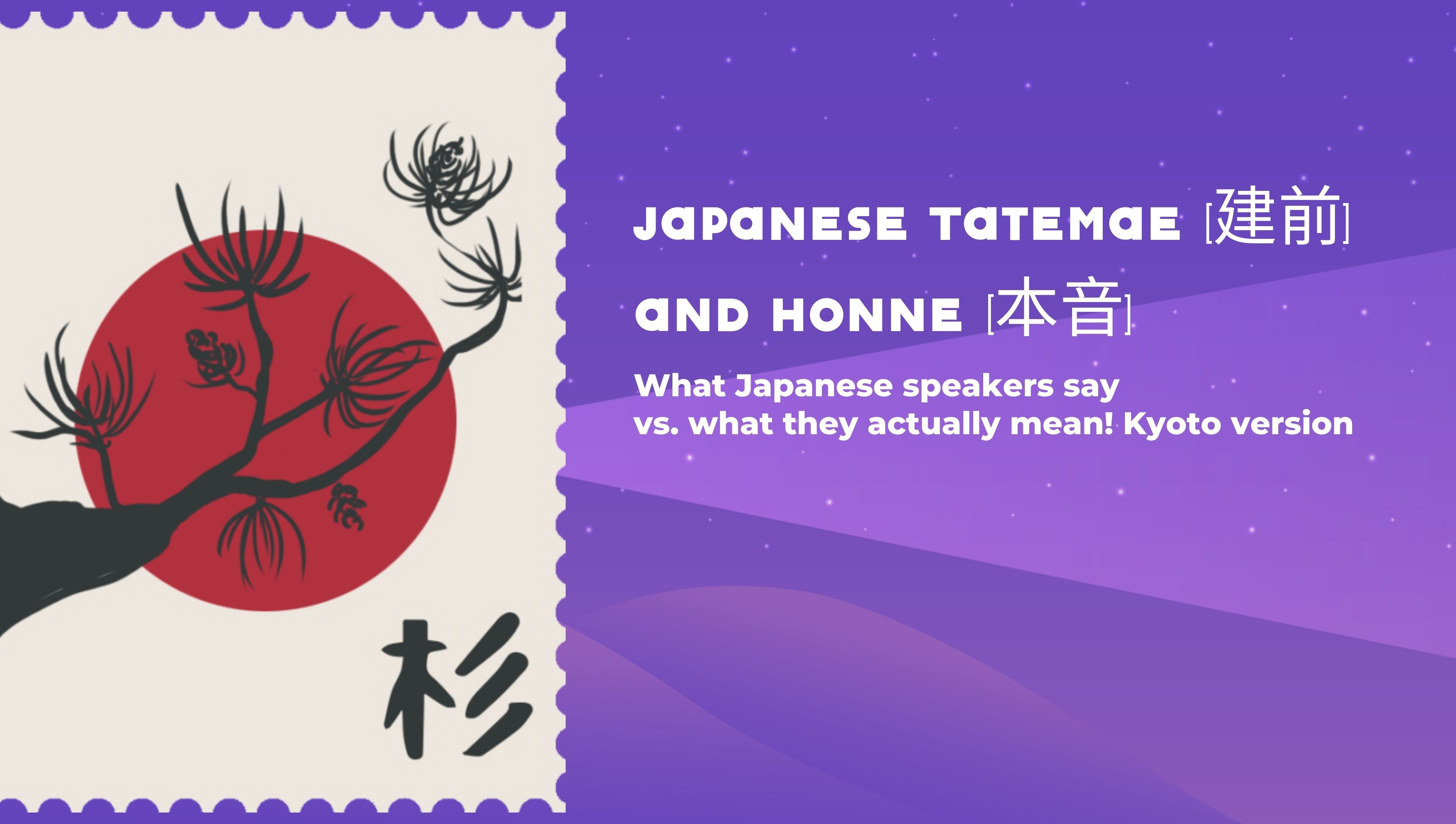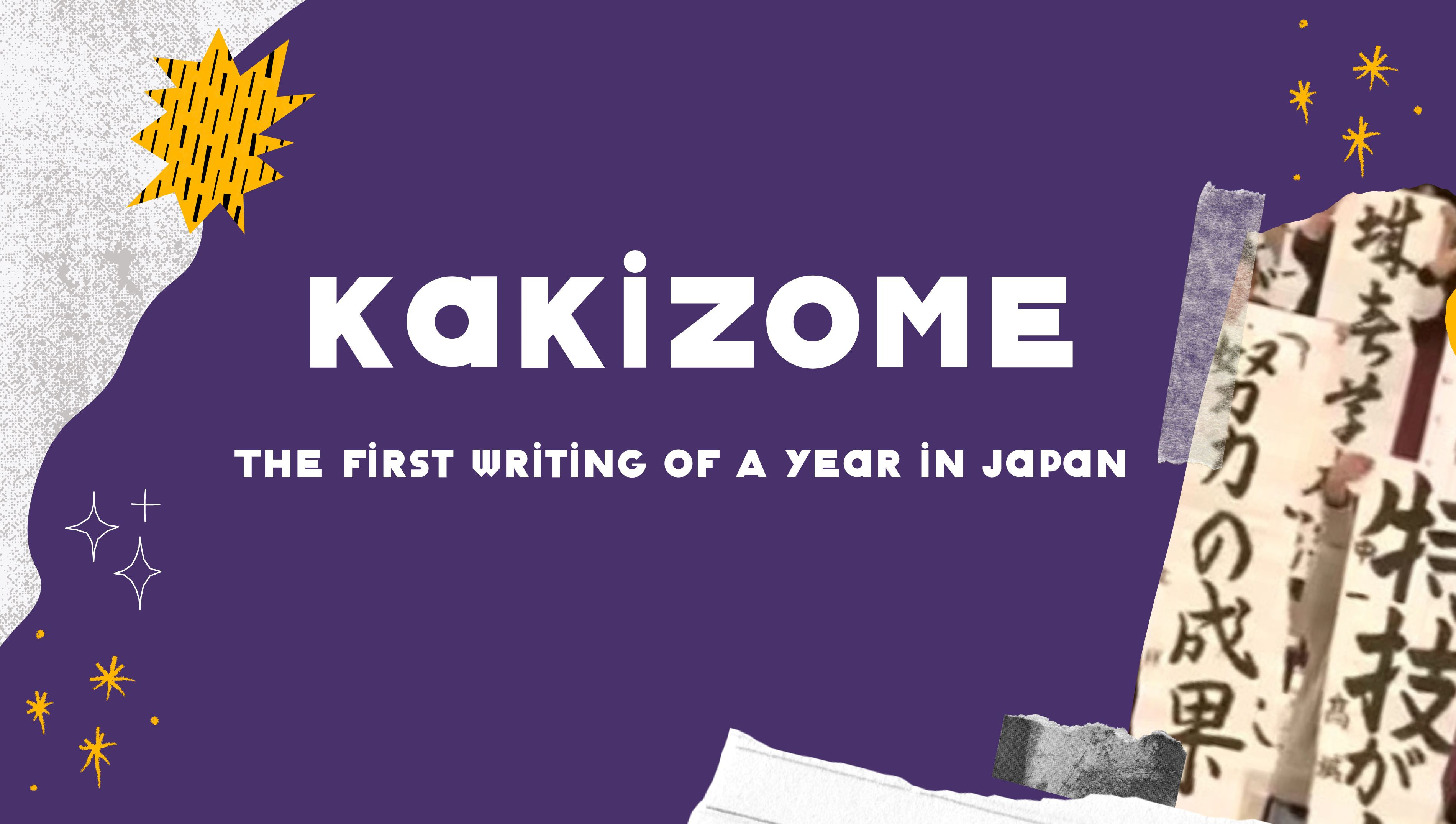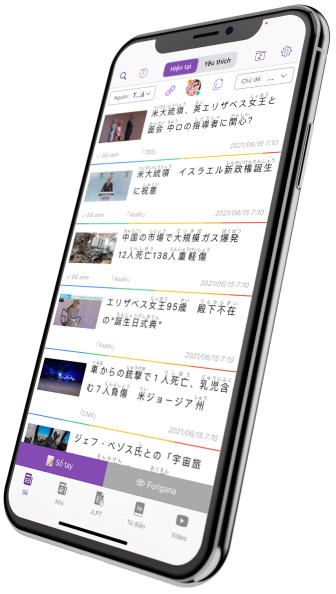
In fact, Kyoto residents are known among Japanese for their ability to distinguish between their real intentions and their tatemae. (Of course, not all people in Kyoto are like that!)
In this blog, TODAI Japanese will introduce some of the honne and tatemae that people in Kyoto often use!
1. Tatemae: お嬢さんピアノがうまなりはって
Meaning: Miss, you're getting better at the piano.
-
Honne: ピアノの音がうるさくて迷惑やわ.
Meaning: The sound of the piano is so loud it's annoying.
It may sound like a compliment, but do not take it as such and do not say "Thank you".
The phrase, "お嬢さんピアノがうまなりはって" is a tatemae, and the honne would be: "I can hear you practicing the piano from inside my house! It's too noisy!".
You are conveying your feelings of "annoyance" to the other person in a roundabout way by including the words "You're getting better at it".
2. Tatemae: 元気なお子さんですね
(Genkina okosandesu ne)
Meaning: Your kids are so full of energy.
- Honne: あんたのとこの子供がうるさいから静かにさせて (Anta no toko no kodomo ga urusaikara shizukani sasete
Meaning: Your kids are making too much noise, make them quiet. (Standard Japanese: Your kids are noisy, make them quiet)
This one has similar honne and tatemae.
It may sound like a compliment to say your child is "full of energy", but the honne is, "Your child is annoying, so make them quiet."
3. Tatemae: もう一杯お茶どうです? (Mōippai ocha dōdesu?)
Meaning: Would you like another cup of tea?
- Honne: そろそろ帰って (Sorosoro kaette)
Meaning: Please go home already.
When you visit someone's house and you are asked, "Would you like another cup of tea?", that is tatemae. The honne is "Please go home already".
So, be careful to not say, "Yes, one more, please".
They might talk about you behind your back later that you really went home after drinking one more cup (Standard Japanese: They really had another drink before leaving).
4. "Tatemae: ものすごぉ上品なお味やさかい、うちにはもったいないです (Monosugo~ ojōhin'na oajiyasakai, uchi ni wa mottainaidesu)
Meaning: It's too good for me because it has a very elegant taste.
- Honne: 味が薄すぎて私の口に合いません (Aji ga usu sugite watashi no kuchi ni aimasen)
Meaning: The flavor is too light for my taste.
Suppose a friend invites you over and even prepares dinner for you.
It is hard to say to a friend who has gone to the trouble of cooking for you, that "味が薄すぎる!(The taste/flavor is too light!)".
At such times, people from Kyoto use the polite expression, "上品なお味 (It has an elegant taste)" or "うちにはもったいない (It's too good for me)" as tatemae and try to tell the other person that "味が薄すぎて私の口には合わない (the flavor is too weak/light for their taste)" without being rude.
5. Tatemae: ええ時計してはりますなぁ(Ee tokei shite harimasu nā)
Meaning: You have a nice watch. (Standard Japanese: You have a nice watch)
- Honne: あんた話長いねん (Anta hanashi nagai nen)
Meaning: You're talking too long.
If you are talking to someone in Kyoto and they say, "You have a nice watch" be careful!
The honne is: "時計を見て!あんた何分喋ったと思ってるの?あんた話長いねん!(Look at your watch! Do you know how long you've been talking? You've been talking too long!)".
There was a story that went viral on social media about a person who was unfamiliar with Kyoto's honne and tatemae concepts, and gave a more detailed explanation about the watch, even saying: "ありがとうございます、○○というブランドの時計として~ (Thank you very much, it is a watch from the brand XX..)".
In Kyoto, you have to read behind their words.
What do you think?
People in Kyoto use far-fetched expressions only out of consideration for the feelings of others.
If you know even one of them, some might say that you are quite familiar with Japanese culture!
The next article will be the final one of this series! I will talk about why Japanese people use honne and tatemae, how to distinguish between honne and tatemae, and more.
If you want to know more about Japanese manners!
👉 Follow TODAI Japanese to learn Japanese better and know more about the latest information!

















Login to comment